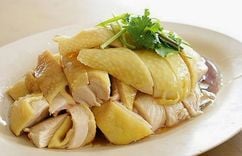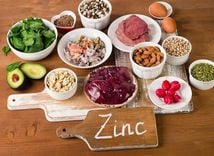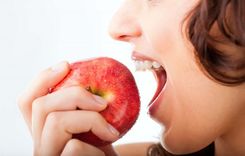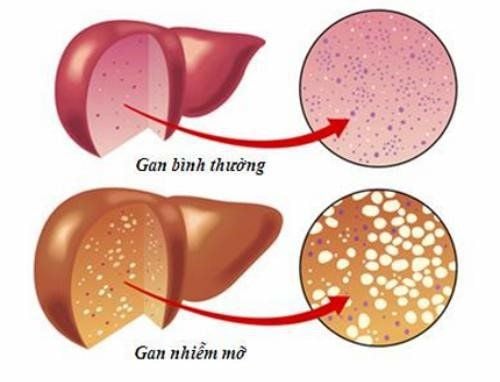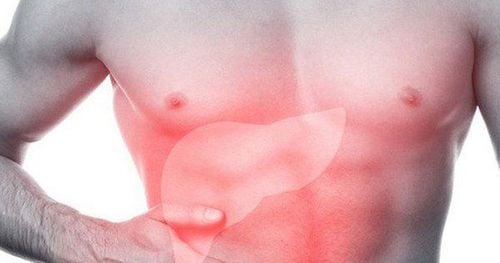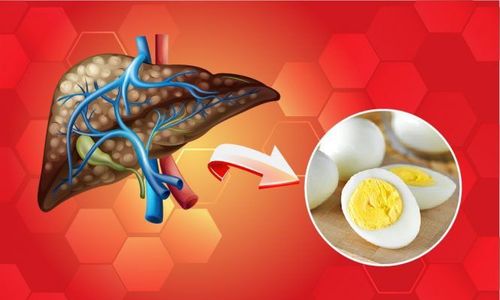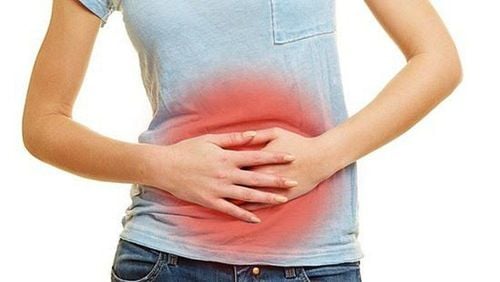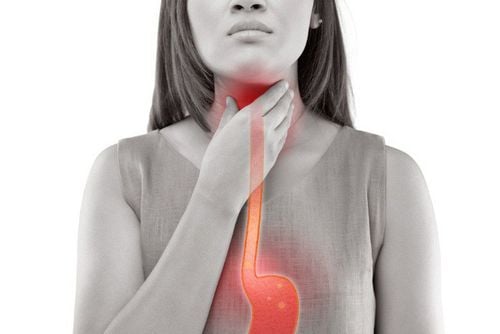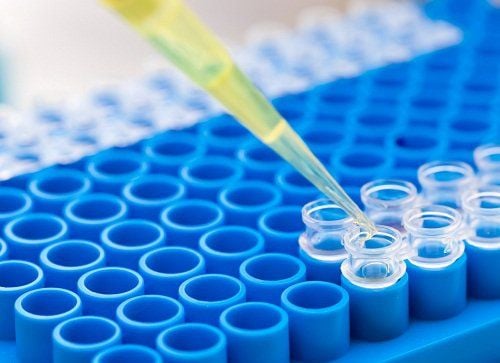Fatty liver disease is a condition in which fat builds up in the liver, making it more susceptible to damage and leading to serious health conditions. While there is no specific treatment for the condition, you can manage it by incorporating liver-friendly foods into your diet.
1. What is fatty liver disease?
Normally, the liver has a small amount of fat, but if fat makes up more than 5-10% of the liver's weight, it is considered fatty liver disease.
The buildup of fat makes the liver more susceptible to damage, which can lead to dangerous health conditions like hepatitis or liver failure. While there is no specific treatment for fatty liver disease, you can manage it by incorporating liver-friendly foods into your diet.
2. Foods that are good for the liver
Nutrition is a key factor in controlling, reducing and preventing complications of fatty liver disease. Here are some foods that are good for the liver that should be added to your daily diet:
Vegetables and fruits are ideal foods and should be at the top of the nutritional list for patients with fatty liver disease. Green vegetables contain substances that help reduce cholesterol in the blood and liver cells. Patients with fatty liver disease should consume at least 200g of fresh fruit and 300g of green vegetables every day to help control the disease effectively.
In addition, some vegetables and fruits such as fresh tomatoes, lettuce, celery, ripe apples, yellow peppers, spinach, banana flowers, lemons, oranges, tangerines, shiitake mushrooms, garlic, grapefruit, lotus leaves and artichokes can help reduce blood fat, prevent fat accumulation in liver cells, reduce excess cholesterol, detoxify the liver and promote waste elimination. These foods enhance blood cleansing and fat metabolism in the body. Patients with fatty liver should add these foods to their daily meals to support quick recovery.
Vegetable oils are considered good for the liver because they contain unsaturated fatty acids, which do not increase cholesterol levels in the body, which is already high in fat. Patients with fatty liver disease should switch from animal fats to vegetable oils.
Some recommended vegetable oils include sesame oil, soybean oil, and peanut oil. However, these oils should be consumed in moderation (up to 1g/kg per day) and coconut oil should be avoided for cooking.
Fresh fish and silkworm pupae is known for their benefits for the liver and kidneys, fresh fish and silkworm pupae can help support recovery for patients with fatty liver disease.
Nutritionally, silkworm pupae contain substances that help reduce excess cholesterol in the liver, while fresh fish is rich in high-quality protein. Consuming these two foods helps reduce the burden on the liver while providing essential nutrients for the body.
Natural herbs are beneficial for fatty liver disease because they help reduce excess fat in the liver.
Specifically, natural herbs such as lotus leaf tea and green tea help cool the body, regulate body functions and quickly improve the symptoms of fatty liver disease.
Protein from milk, eggs, fish, beans
Patients with fatty liver disease should limit the consumption of animal fat and lipids. Instead, they should consume protein from plant sources such as milk, eggs, and beans to avoid increasing cholesterol in the liver.

3. Foods to avoid when having fatty liver disease
In addition to knowing foods that are good for the liver, patients should avoid or limit foods and drinks that reduce the effectiveness of treatment. Foods to avoid include:
Animal fats and oils: Patients with fatty liver disease should avoid these foods because they are metabolized and excreted through the liver, burdening the organ and leading to fat accumulation.
Red meat: Red meats such as beef, buffalo meat, and pork should be avoided. These meats contain a lot of protein and fat, making the liver work harder, especially for a liver that is already weakened by fatty liver disease.
Foods high in cholesterol: Patients with fatty liver disease should completely avoid foods high in cholesterol such as egg yolks and animal organs.
Fructose-rich fruits and foods: Although fruits and vegetables are generally healthy, those high in fructose should be avoided by patients with fatty liver disease because they can increase the risk of obesity, diabetes, and reduce the effectiveness of treatment.
Spicy foods: Spicy foods such as garlic, ginger, chili, coffee, and black pepper are not good for patients with fatty liver disease. Consuming them can make the condition worse because the liver cannot process fat effectively.
Stimulants: Stimulants such as alcohol and caffeinated drinks are harmful to patients with fatty liver disease and increase the risk of complications such as cirrhosis, hepatitis and liver cancer.
In short, in addition to maintaining a healthy, less fat diet, regular health checks and liver function assessments are also important to detect and manage complications early.
Vinmec International General Hospital offers advanced liver screening packages that help detect liver diseases early, even before symptoms appear.
Choosing Vinmec's comprehensive liver screening package helps customers:
Assess liver function through liver enzyme tests
Evaluate bile function and vascular nutrition
Screen early for liver cancer
Perform tests such as complete blood cell analysis, clotting ability, and hepatitis B and C screening
Assess liver and bile status through ultrasound imaging and identify diseases that could worsen liver conditions
Deep analysis of liver function parameters through tests and clinical assessments; assess risks to the liver and early screen for liver cancer.
Please dial HOTLINE for more information or register for an appointment HERE. Download MyVinmec app to make appointments faster and to manage your bookings easily.

